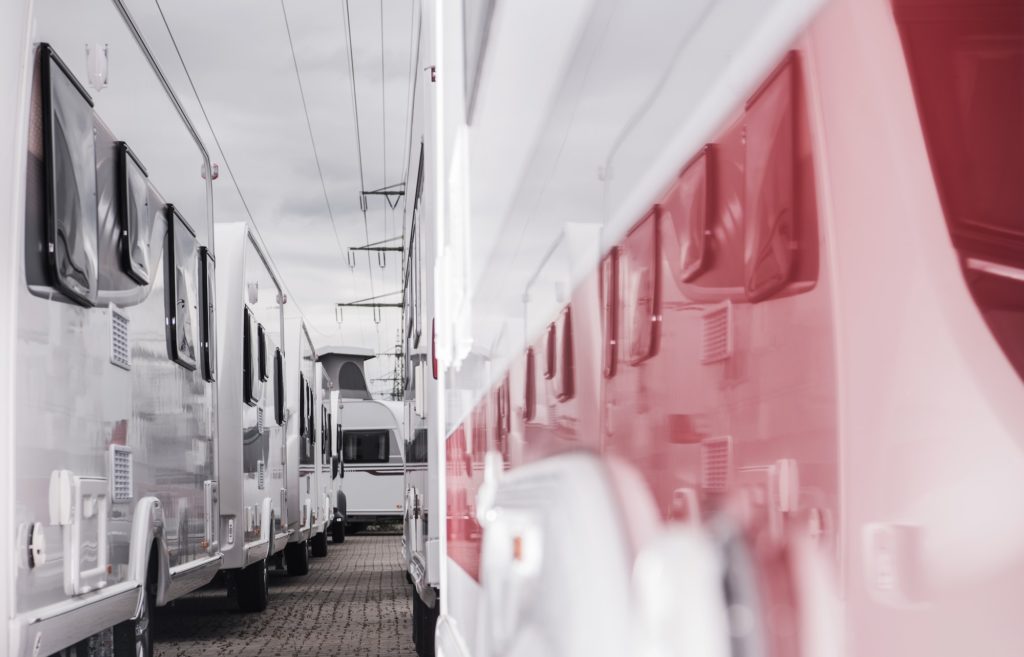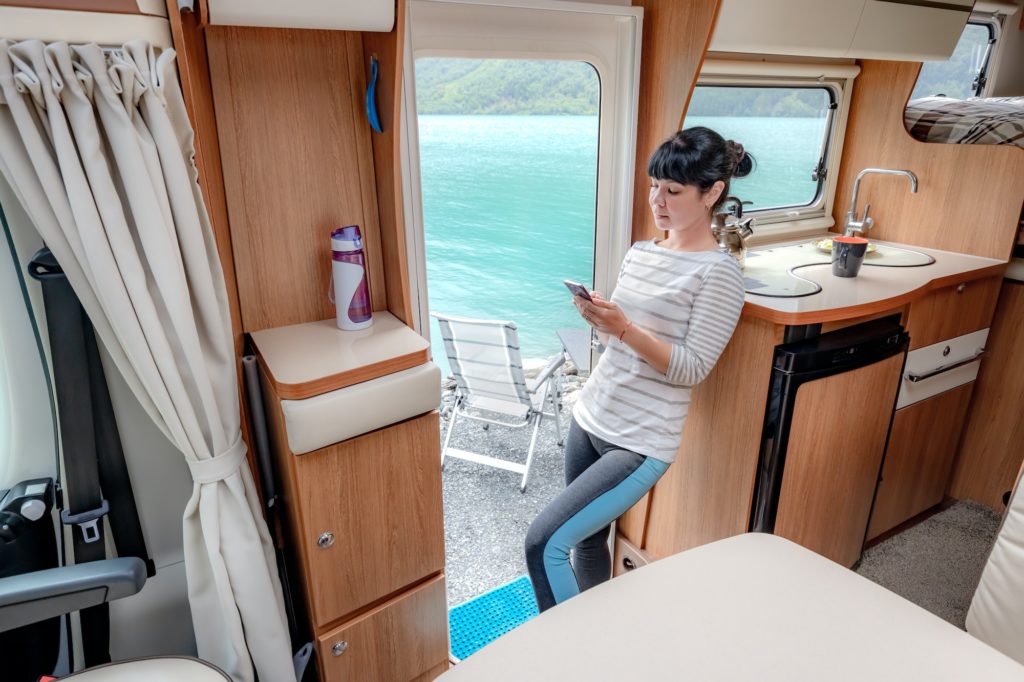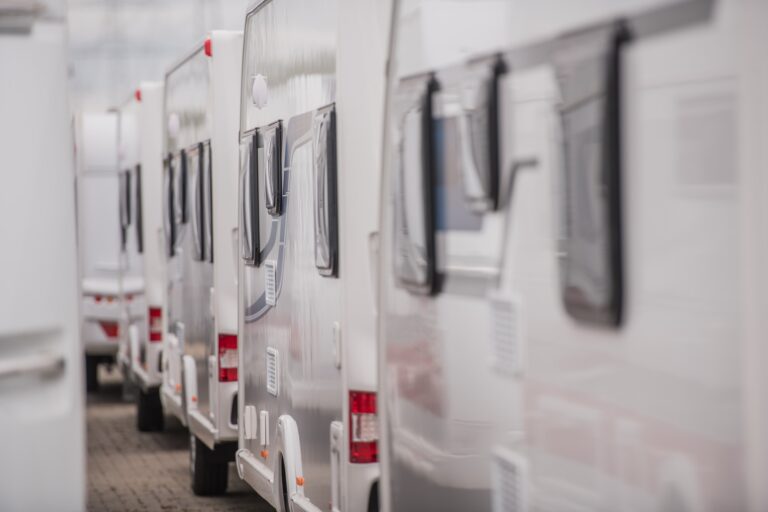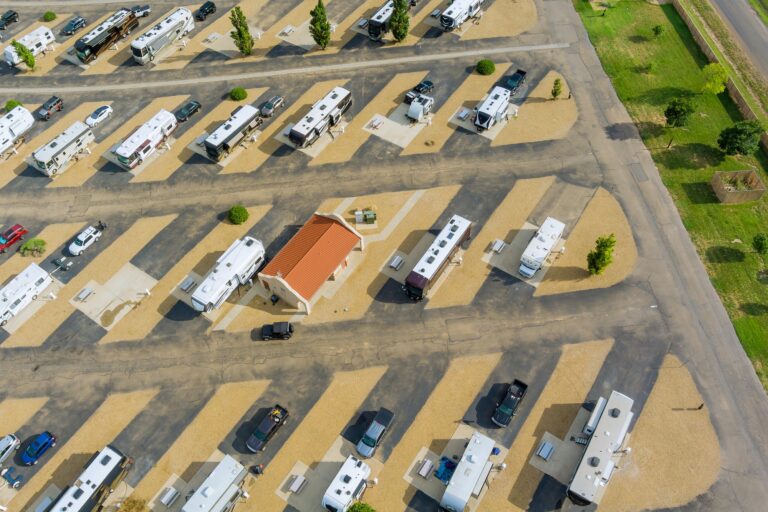New RV Owner Advice – Tips For New RV Owners
Are you looking forward to owning your very own recreational vehicle (RV)? If so, then you should definitely check out our new RV owner advice page. There are lots of helpful tips and resources on this page that will help you get started off on the right foot.
Owning an RV has its advantages. Not only does it provide you with plenty of space to camp or travel around, but it also comes equipped with some great amenities. In addition, RVs are relatively inexpensive to purchase and operate.
However, buying an RV isn’t always simple. Before you head out to buy your next RV, take note of these important things to consider before purchasing an RV.
What to know before you buy your RV
There are many things to consider when purchasing an RV. You’ll want to make sure that you’ve done your homework and that you’re making the best decision possible. Here are some tips to help you along the way.

1. Know What You Want Before Buying
Before you even start looking at RVs, think about what type of experience you’d like to have while traveling. Are you interested in seeing different parts of the country? Or do you prefer staying close to home? Once you figure out where you’d like to travel, you can narrow down your options.
2. Research Your Options
Once you know what you want, research the brands and models that fit your needs. Look up reviews online, talk to friends and family members who have used similar products, and read blogs written by RV owners. This information will give you insight into the pros and cons of each model.
3. Find Out How Much Space You Need
The next step is figuring out exactly how much space you need. If you plan on having children, you’ll probably need a larger vehicle than someone without kids. And if you plan on storing lots of stuff inside your RV, you might want to opt for something bigger.
New RV owners need good tips and advice
RVers are often looking for good advice on how to prepare their RVs for winter camping. They want to know what to do about gas leaks, electrical problems and water damage. But most people don’t realize there are lots of different types of RVers out there. Some RVers camp every weekend while others travel around the country in their motorhomes. And some RVers even live full-time in their RVs.
The best way to find out what you might need to know is to ask someone who already owns one. Or better yet, talk to an expert like our friends over at RV Education.
Forums, videos, and blogs offer advice and tips for new RVers

There are many different kinds of RV forums out there, each providing its own unique set of advantages. Some are very specific to certain types of vehicles, while others cover topics such as living off grid, camping, and motorhomes.
Most forums allow you to post a question and receive responses from others that have been where you are, or know what you want. They often include helpful articles, pictures, videos, and even step-by-step instructions. You can find everything from basic maintenance issues to complex problems like troubleshooting electrical systems.
The best way to find the forum that works best for you is to do some research. Start by looking around the Internet. Searching for “RV forums” brings up plenty of options. Look for ones that seem active and well maintained. Don’t forget to look into local communities. Many towns host regular events where people gather to discuss things related to RVs, including maintenance and repairs.
If you don’t see anything that seems useful, try posting your own question. Someone else might already have had the same problem, and they’ll likely respond quickly. If no one responds, consider contacting the owner directly. Chances are good that they’re willing to help someone in need.
Try before you buy – Renting makes a savvy new RV owner
Renting an RV can be a smart way to test drive one before purchasing it. If you rent an RV, you can learn about all the different features and benefits of owning an RV, such as the ability to travel long distances, the freedom to camp wherever you want, and the flexibility to customize the interior and exterior of the vehicle.
AFFILATE LINKS
There are many different types of RVs available for rental. These include motorhomes, fifth wheel trailers, popups, toy haulers, camper vans, and travel trailers. Each type offers something unique. For example, a motorhome provides space for up to eight people. A fifth wheel trailer can sleep six adults comfortably and includes a kitchen area. Toy hauler tents come in three sizes and provide sleeping quarters for four adults. Camper vans are small enough to fit into most garages, while travel trailers are large enough to accommodate multiple families.
When renting an RV, make sure to ask questions about the specific model you are considering. You might find that certain features work better for your lifestyle than others. Also check to see whether there are additional fees associated with renting an RV. Some companies charge extra for insurance, maintenance, and delivery costs. Make sure to read the fine print before signing anything.
If you decide to purchase an RV, don’t just go straight to the dealership. First, take some time to research online. Find information about the different models and brands of RV available for sale. Then, contact several dealerships to compare prices and availability. This way, you won’t feel pressured to sign a contract immediately.
Prospective new RV owners should shop ‘til you drop
RV dealerships are always looking for ways to make the sale process easier for customers. One way they do this is by offering financing options. But what happens when a customer wants to finance an RV? Do they just walk away? Not necessarily. There are many factors involved in making sure that a potential buyer gets exactly what he or she needs. And one of those things is shopping around.
The good news is that there are some great tools online that can help prospective buyers find the best deal possible. These include sites like RV Trader, Camping World, and RV USA, which allow shoppers to compare prices across multiple lenders and brokers. This helps ensure that a shopper doesn’t miss out on the best offer because he or she didn’t know where to look.
Another thing to keep in mind is that it’s never too early to start saving up for an RV purchase. In fact, it might even be better to wait until closer to the date of delivery. Why? Because the longer you put off the decision, the more likely it is that you�ll end up paying more for the vehicle.
If you want to learn more about how to navigate the RV market, we suggest checking out our article on the topic here.
Understand the cost as a new RV owner
RV ownership is one of life’s great adventures. But there are many things you’ll want to consider before purchasing your very first recreational vehicle. You’ll want to make sure it fits your lifestyle needs. And you’ll want to know what you’re getting into financially. This article will help you understand the total cost of owning a recreational vehicle.
The price of an RV varies greatly depending on where you buy it. If you purchase online, you could save money. However, you might pay more for shipping costs. Many dealerships offer financing options, which can lower monthly payments. Some even offer trade-ins.
If you decide to go the route of buying privately, you’ll likely find better deals. Dealerships often sell used vehicles at steep discounts. They do this because they don’t have to cover the overhead expenses associated with running a dealership. So, they pass those savings onto buyers.
Another option is to rent a trailer. Rentals usually include insurance, taxes, and registration. You won’t have to worry about maintenance or repairs either.
You’ll also want to think about how much storage space you’ll need. A full-size truck camper requires a lot of room. You’ll probably want to look at campgrounds like Thousand Trails. These sites have large spaces, plenty of parking, and Wi-Fi access.
Fuel cost expectations

RV owners are often surprised by how much it costs to travel around the United States. They might think that driving across the country is cheap because gas prices are low. But there are many hidden expenses that add up over time. These include things like maintenance, insurance, and repairs. If you want to keep your RV running smoothly, it pays to budget for those costs now. You’ll find out what it takes to make sure your RV runs well when you’re traveling.
Keep notes while gathering tips and advice
In my quest to become a better camper, I’ve been collecting information and tips over the years. I used to write everything down in notebooks, but it became too cumbersome. So I switched to Evernote, which allows me to use one app to manage both personal and professional tasks.
I’m always looking for ways to improve my skills, especially when it comes to RVing. For example, I recently purchased a gas stove. I had never cooked on propane before, so I wanted to make sure I knew how to operate it properly. I found a great video tutorial on YouTube explaining how to install the stove, and I saved the URL in Evernote. Now whenever I want to learn something new, I simply open up Evernote and type in “how to cook on propane.”
Evernote makes it easy to collect information and tips. You can add images, videos, audio files, webpages, documents, and even handwritten notes. If you’re planning a trip, you can easily gather travel tips and ideas. Or maybe you’re trying to figure out how to fix your RV. Just type in the problem and see what pops up.
You don’t have to limit yourself to writing things down; you can also take photos and record voice memos. This way, you’ll always have a visual reminder of what you learned.
New RV owners should manage expectations
RV ownership requires a certain amount of planning. You’ll want to make sure you’ve done enough research to know how much space you’ll need, whether it’s a fifth wheel or travel trailer. Once you’ve determined where you’d like to park, you’ll need to decide whether you want to rent or buy. And once you’ve purchased your vehicle, there are several things you’ll need to consider before setting out on your journey.
Expectations will vary based on the type of RV you’re buying. Fifth wheels are typically larger than travel trailers, making them better suited for families with children. Travel trailers tend to offer fewer amenities, while fifth wheels come with a full kitchen and living area. If you plan to tow behind your vehicle, you’ll want to choose a model that offers plenty of storage space.
Fuel stops aren’t always convenient, and many campgrounds don’t accept pets. However, most campgrounds do allow overnight parking. Many campgrounds charge fees per night, ranging from $10-$30. Some parks even provide free electricity and Wi-Fi access.
New RVers will learn about unique components
When it comes to buying an RV, most people don’t think much beyond the price tag. But while the initial purchase price may seem like the only important factor, it’s actually just one part of the equation. There are a lot of things to consider when purchasing an RV, including size, type, features, amenities, and even maintenance. And since you won’t likely have experience running an RV, you’ll want to make sure you understand everything that goes into operating it.
That’s where we come in. We’re here to help you find the perfect RV for your family. In fact, our team of experts has put together a complete guide that will walk you through every step of the process. From choosing the best RV for your needs, to finding out how to keep costs down, to figuring out how to maximize space, we’ve got you covered. So whether you’re looking for something small enough for weekend trips or something large enough to live in full-time, you’ll find exactly what you need here.
So sit back, relax, and let us show you around. You might be surprised at how easy it is to enjoy life on the road.
Advice and tips for traveling with children and pets
Traveling with kids and pets can be fun, but it requires some extra preparation. Here are some things to consider before packing up and heading out.
Plan Ahead
You don’t want to waste precious vacation time waiting around for flights, trains, buses, etc., especially if you’re trying to squeeze everything into one day. Make sure you plan ahead so you can make changes quickly if needed. If possible, book tickets well in advance.
Pack Supplies
If you’re taking your dog along, make sure he/she has plenty of water and food during travel. You can buy bottled water at most gas stations and convenience stores, but keep in mind that many places charge per gallon. Bring your own water bottle or fill up at fountains. Also, bring enough food for your pet to eat throughout the entire trip.
Make Sure Your Pet Is Well Trained
Before you head out, make sure your pet knows how to behave in different situations. This includes knowing where to go potty, what to do in case of emergencies, and how to react to loud noises and unfamiliar sights.
Be prepared for the worst
The best way to ensure you are prepared for anything is to make sure you are prepared for everything. Here are some tips to help you prepare for the unexpected.
1. Check Your Tires
Make sure your tires are properly inflated. This is especially important during winter months because cold weather causes air to expand inside tires. If your tires are underinflated, they won’t provide enough traction on ice or snow. They could even burst.
2. Keep Gasoline On Hand
You never know what might happen, so keep extra gasoline on hand. You don’t want to run out of fuel while driving somewhere.
3. Carry Emergency Supplies
If you are planning on traveling long distances, carry a flashlight, flares, blankets, food, water, and tools such as jumper cables. You never know when you will need these items.
Enjoy the journey
Planning an RV trip is like preparing for a vacation. You want to enjoy the experience while getting there, too. Here are some tips to help you plan a successful road trip:
*Be prepared. Pack everything you might need during your trip—from toiletries to food to bedding. Don’t forget to pack extra batteries for electronics and a flashlight for nighttime trips.
*Know what to expect. Research local laws and regulations regarding campgrounds, parking, and hookups. Also check out weather forecasts to avoid unexpected problems.
*Keep it clean. Keep your rig neat and tidy. Wash down surfaces inside and outside. Clean up spills immediately. If needed, use a pressure washer to wash off dirt and grime.
*Don’t forget to relax. Take breaks to rest and recharge. Stop every few hours to stretch your legs and walk around. Stretch your arms and neck, too. This helps prevent soreness and cramps.
*Make friends. Find people who love RVs just as much as you do. They’ll become good travel buddies and offer advice and encouragement.
*Take pictures. Bring plenty of memory cards and film to capture memories of your trip. Use apps such as Instagram and Snapchat to post photos and videos.




